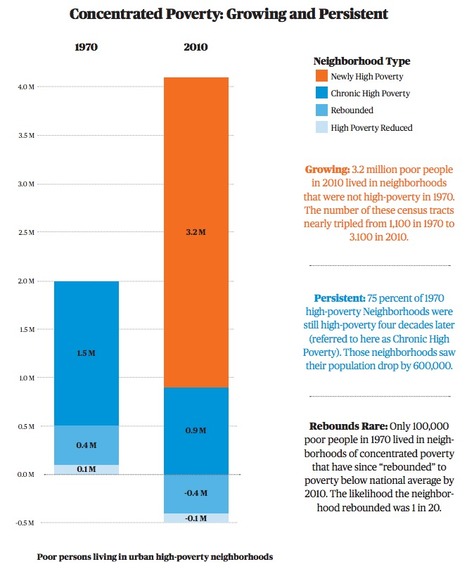The cancellation of the mandatory long-form census has damaged research in key areas, from how immigrants are doing in the labour market to how the middle class is faring, while making it more difficult for cities to ensure taxpayer dollars are being spent wisely, planners and researchers say.
Research and publish the best content.
Get Started for FREE
Sign up with Facebook Sign up with X
I don't have a Facebook or a X account
Already have an account: Login
Impact of the internet age on human culture and K-20 education policy/administration
Curated by
Jim Lerman
 Your new post is loading... Your new post is loading...
 Your new post is loading... Your new post is loading...
|
|













Unit 1 Geography: Its nature and Perspectives
This article is about how Canada switched its census from being mandatory to voluntary, and how this has had many negative effects. By not having a mandatory census, Canada has saved the national government money, but in truth has really lost a lot. It is much harder to have accurate demographics for city planning, research purposes, and business marketing. Researchers are unable to tell the distribution of racial equality in neighborhoods, the demographics of neighborhoods, and are completley unable to track immagration. There is a voluntary census in place, but this produces much lower quality results, and is expensive to obtain this data.
This relates to the theme of how information such as census data is used, and through this article you are able to tell how important something like the census is to providing data for so many different oraganizations/people.
As much as Americans hate the Census, this article proves that it is an important governmental instrument. There are many in this nation that would probably desire a similar proposal. They should read this article before ever speaking on the subject again. A Census is nessacary to tell us about ourselves. How can a government formulate a public policy, if it does not know who lives within its borders?